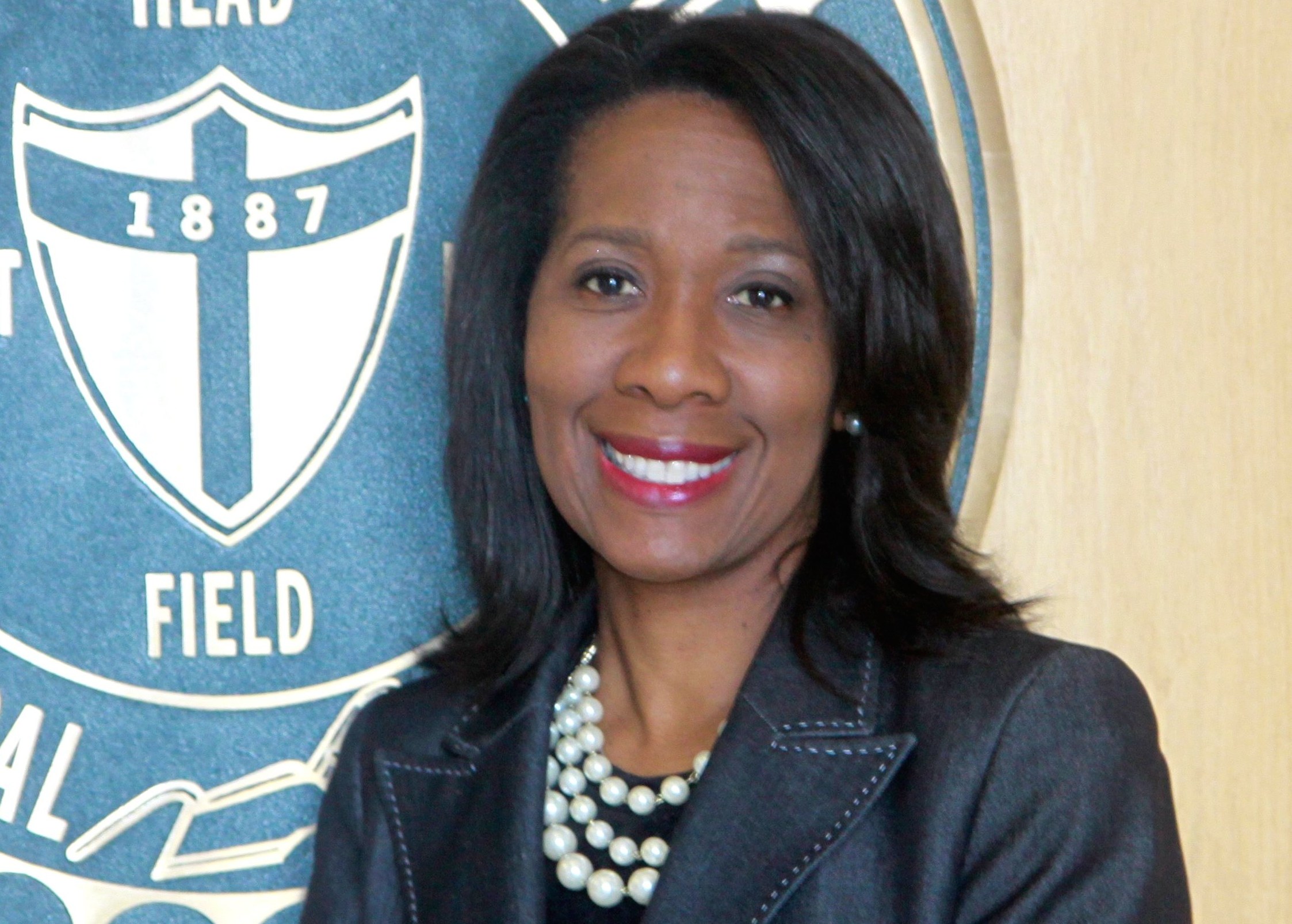By Andrew Skerritt
Florida A&M University (FAMU) administrator Genyne Henry Boston, Ph.D., has been selected as an American Council on Education (ACE) Fellow for the 2023-2024 academic year.
Boston, associate provost for Academic and Faculty Affairs and the chief of staff within the Division of Academic Affairs, was nominated by the FAMU senior administration and underwent a rigorous application process. She is among 36 Fellows selected this year.
“I am indeed honored to have been nominated by President Robinson to participate as a Fellow in the American Council on Education (ACE) Leadership Program, the longest-running executive leadership development program in the country,” Boston said. “I look forward to learning from other senior-level administrators to broaden my knowledge and grow as a servant leader dedicated to making a difference in higher education.”
Before she was appointed associate provost, Boston served in many other administrative roles at the University, including founding director of the Teaching and Learning Center, director of the Quality Enhancement Plan (QEP), deputy athletic director, director of Composition Studies, and English Department chair.
A Florida native, Boston holds a Bachelor of Arts degree in English and a Ph.D. in literature from Florida State University (FSU). She has also taught at Valencia State College, Tallahassee Community College, and FS.
Since its inception in 1965, the ACE Fellows Program has strengthened institutions in American higher education by identifying and preparing more than 2,500 faculty, staff, and administrators for senior positions in college and university leadership through its distinctive and intensive cohort-based mentorship model. Of the Fellows who have participated to date, more than 80 percent have gone on after their fellowship to serve as chief executive officers, chief academic officers, other cabinet-level positions, and deans.
“The ACE Fellows Program has a proven track record of developing agile leaders, and it fuels the expansion of a talented and diverse higher education leadership pipeline,” said ACE President Ted Mitchell. “ACE Fellows engage in unique learning experiences before returning to their home campuses armed with a fresh outlook and distinct skillset. I am excited to see all that this class accomplishes.”
The program combines retreats, interactive learning opportunities, visits to campuses and other higher education-related organizations, and placement at another higher education institution to condense years of on-the-job experience and skills development into a single year.
During the placement, Fellows observe and work with the president and other senior officers at their host institutions, attend decision-making meetings, and focus on issues of interest. Fellows also conduct projects of pressing concern for their home institutions and seek to implement their findings upon completing the fellowship placement.
After the fellowship year, Fellows return to their home institutions with new knowledge and skills that contribute to capacity-building efforts and a network of peers across the country and abroad.







